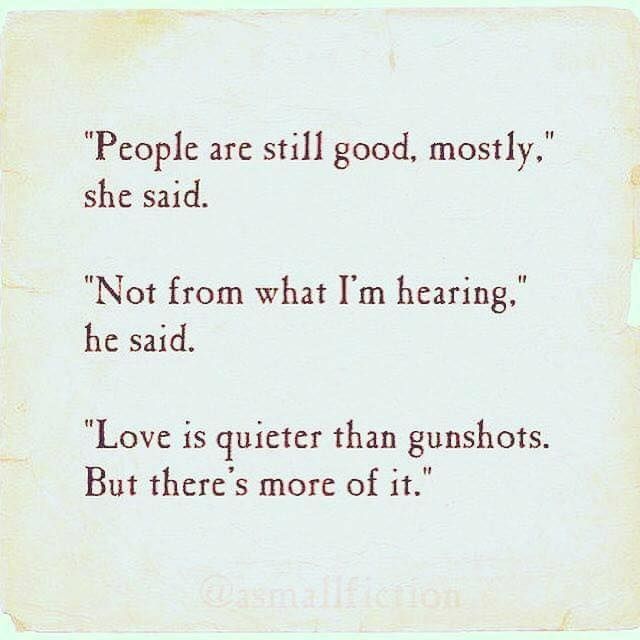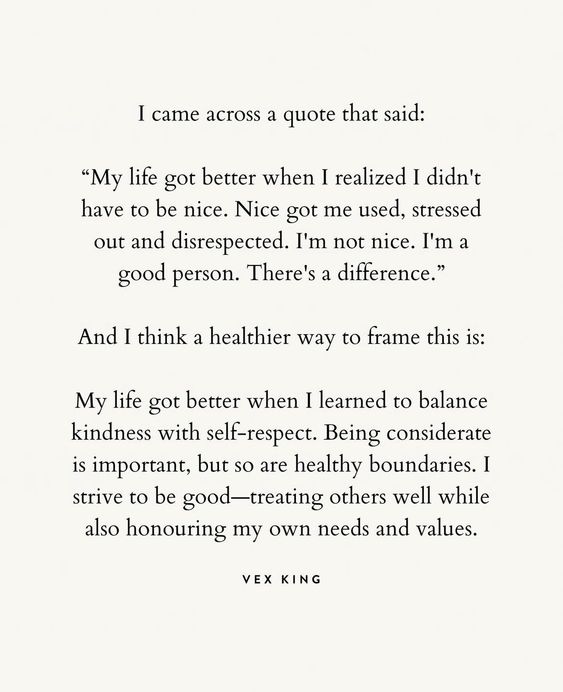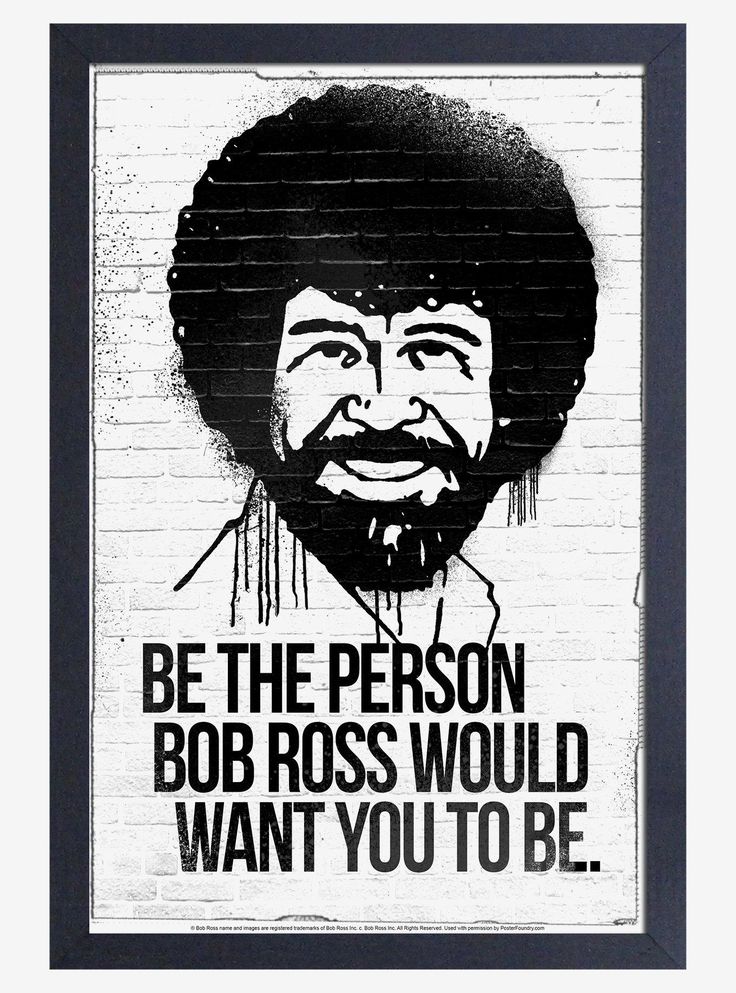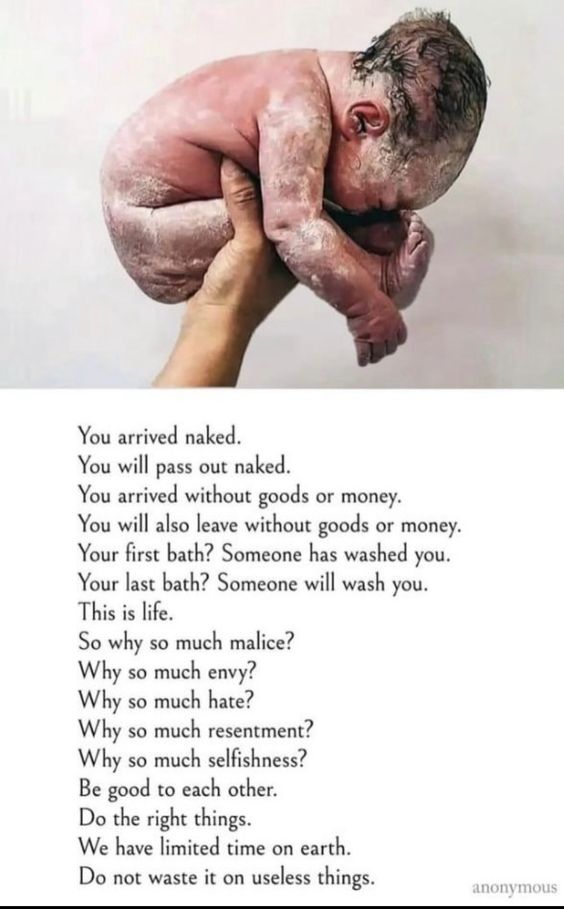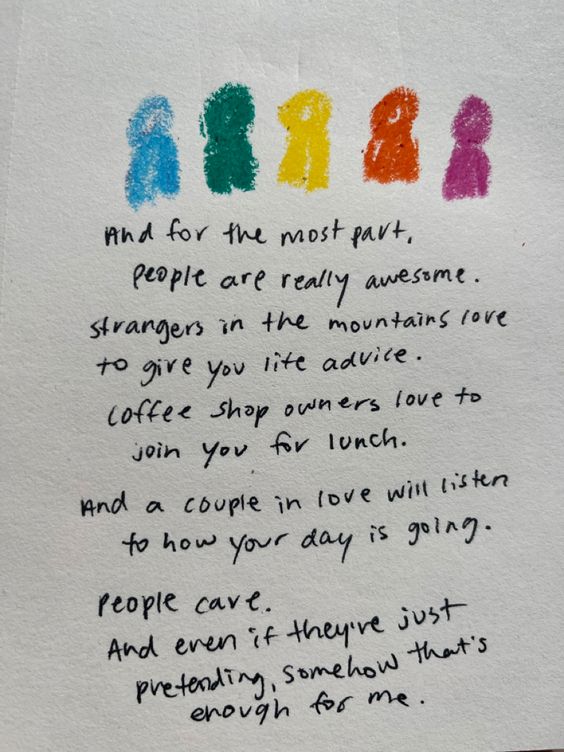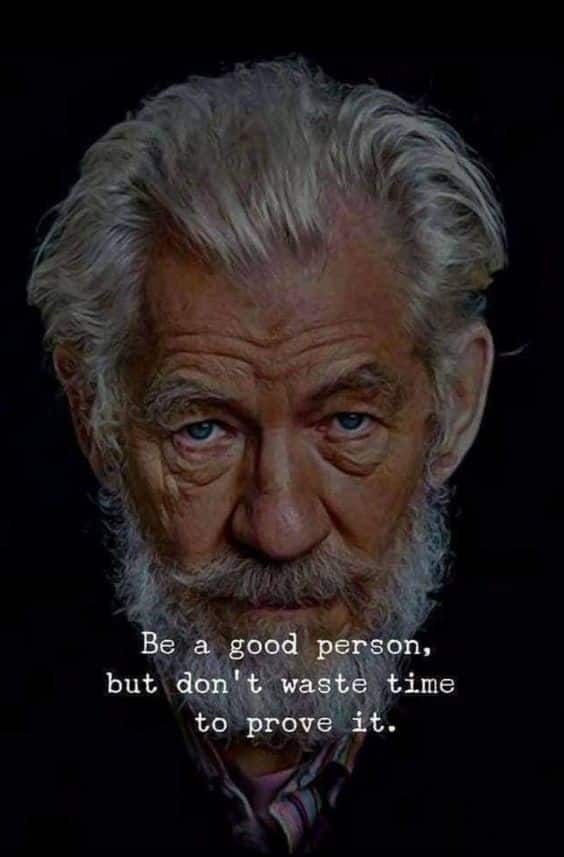“In the end, it’s not about what we do, it’s about how we do it and, by extension, who we are. Too often, we find people choosing to be great at their profession over being a great human being, believing that success or art or fame or power must be pursued to the exclusion of all else. Does it have to be that way? Does being loved have to be at odds with being lovely?”
Ryan Holiday, Discipline Is Destiny (Page 282)
“The conspiracy theorist in your Facebook feed. The politically radicalized family member. The angry stranger looking for an argument. Crazy people and crazy situations are opportunities to practice virtue. To show courage by standing firm in your principles. To demonstrate justice by treating them fairly despite their unfairness to you. To exercise temperance by controlling your emotions when they’re trying to provoke you. To insist on what’s right. To fight for change where you can. To put your efforts where they make a positive difference.”
Ryan Holiday
“In the struggle against injustice, it’s easy to let bitterness and hatred harden your heart. As Marcus Aurelius wrote: ‘What doesn’t transmit light creates its own darkness.’ When we close ourselves off to love and hope, we naturally experience less love and hope. The Bible reminds us that ‘whoever hardens their heart falls into trouble.’ And James Baldwin, that ‘hatred…has never failed to destroy the men who hated.’ Hatred corrodes. It takes you south, backward, down, down to depths. Love, on the other hand, protects, trusts, hopes, preserves. Love does not fail. It takes you north, it leads you forward. It always wins. Which way are you going? Is your heart growing or shrinking? Is your love and compassion and connection for other people, your hope for a better future, growing or shrinking?”
Ryan Holiday
“Even if you have drifted off the path. Marcus Aurelius tried to remind himself that there was a spring of goodness inside of him and that no matter what he or anyone shoveled on some of it, it was still there, still fresh and new and ever-flowing. The Stoics did not believe in original sin. They did not think we were hopelessly broken. They believed that being who we were—living well, living as our nature intended us to live—was always possible. You might be low and awful right now, Marcus Aurelius writes in Meditations, but in just a few days you can be worthy of being seen as a god. He was telling himself he just had to go back to the teachings, go back to his principles, go back to the spring.”
Ryan Holiday
“We don’t control the vileness of the world or of other people. We do control whether we contribute to it though, whether we choose to contrast it with our own splendor and goodness. We control what we look for also–as Marcus [Aurelius] did, filling Meditations not just with somber or depressing notes but also observations about the beauty and majesty of nature and life. Will you be splendid or vile? That’s the call you get to make, always and forever.”
Ryan Holiday
“No more roundabout discussion of what makes a good man. Be one!”
Marcus Aurelius, Meditations (Page 99)
“When you have done good and another has benefited, why do you still look, as fools do, for a third thing besides—credit for good works, or a return?”
Marcus Aurelius, Meditations (Page 69)
“Dig inside yourself. Inside there is a spring of goodness ready to gush at any moment, if you keep digging.”
Marcus Aurelius, Meditations (Page 67)
“It is not the blaming of evil but the glorifying of goodness that creates harmony in our life.”
Lucy Malory, via A Calendar of Wisdom (Page 359)
“Good books are a good influence. Good art is a good influence. Prayer is an influence as well. But the strongest influence is the example of a good life. A good life becomes a blessing for people, not only for those who live good lives but those who can see, know, and understand such lives.”
Leo Tolstoy, A Calendar of Wisdom (Page 343)

